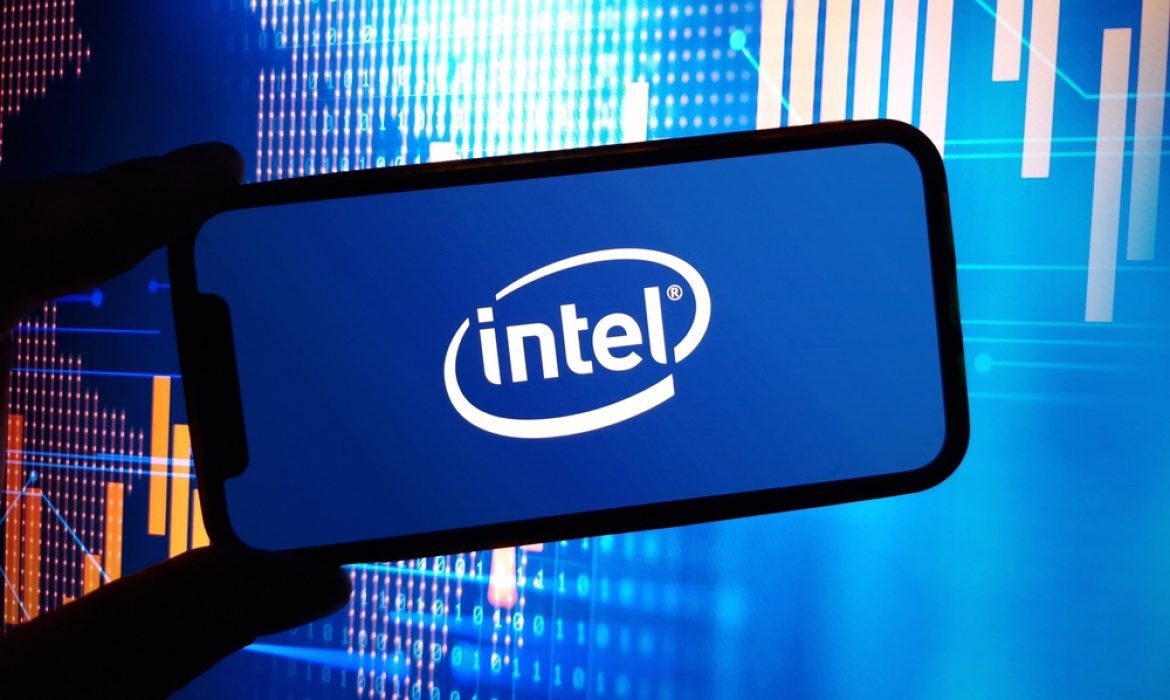Samsung has lost its coveted title as the world’s largest chip maker. The latest data from Counterpoint Research reveals a staggering 38% drop in Samsung Electronics’ chip division revenue, plummeting from $70.2 billion in 2022 to $43.4 billion in 2023. This significant decline is attributed to the downturn in the memory chip market and Samsung’s struggle to attract customers for its advanced manufacturing processes.
While Samsung faced a notable setback, Intel emerged as the new leader in the global ranking of semiconductor chip makers in 2023. Despite experiencing a 15% revenue dip, Intel’s earnings of $50.5 billion in 2023 surpassed Samsung’s, marking a pivotal moment in the industry’s dynamics.
Notably, NVIDIA, a prominent player in the semiconductor space, experienced a remarkable ascent. Bolstered by the surge in artificial intelligence and escalating demand for potent GPUs in cloud servers, NVIDIA’s revenue is projected to soar by an impressive 86%. Moving from the 10th position in 2022 to a remarkable third place in 2023, NVIDIA’s financial trajectory underscores the transformative impact of emerging technologies on the semiconductor landscape.
Resilient Players Amidst Market Fluctuations
While several chip companies faced revenue contractions, Qualcomm secured the fourth position with revenues amounting to $30.2 billion, a 17% decline from the previous year. Broadcom, holding onto fifth place, bucked the trend with $30 billion in revenue, reflecting a 13% increase from 2022. SK Hynix, Samsung’s primary competitor in the memory chip market, experienced a 33% dip with revenues amounting to $23.6 billion.
AMD, though facing a slight 4% revenue dip from $23.6 billion in 2022 to $22.6 billion in 2023, maintained a resilient position in the industry. On the other hand, Texas Instruments witnessed a 12% decline in revenue, falling from $20 billion in 2022 to $17.5 billion in 2023, securing the seventh spot in the global semiconductor chip market.
Samsung’s Prospects for Recovery
Despite its recent setbacks, Samsung is poised for a potential rebound in 2024. The anticipated surge in demand for memory chips, coupled with an increase in memory chip prices compared to the previous year, positions Samsung for a positive trajectory in the coming months.
As the industry grapples with evolving dynamics, the reshuffling of global semiconductor rankings underscores the resilience of some players amid market challenges. The intense competition and technological advancements in artificial intelligence and cloud computing are expected to continue shaping the future landscape of the semiconductor industry.
Source: sammobile Intel Overtakes Samsung as World’s Biggest Semiconductor Chip Company


